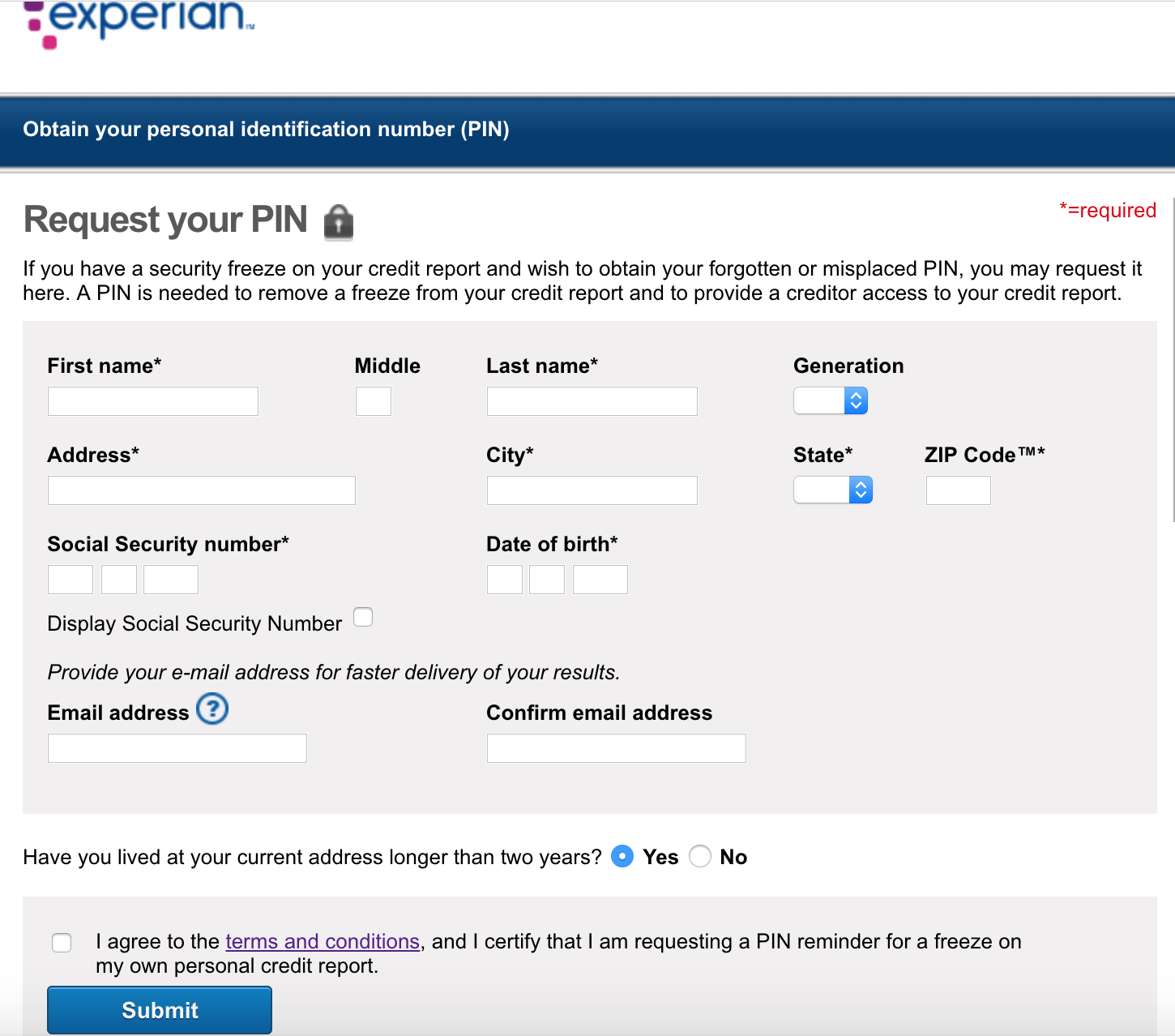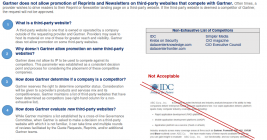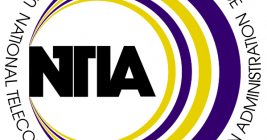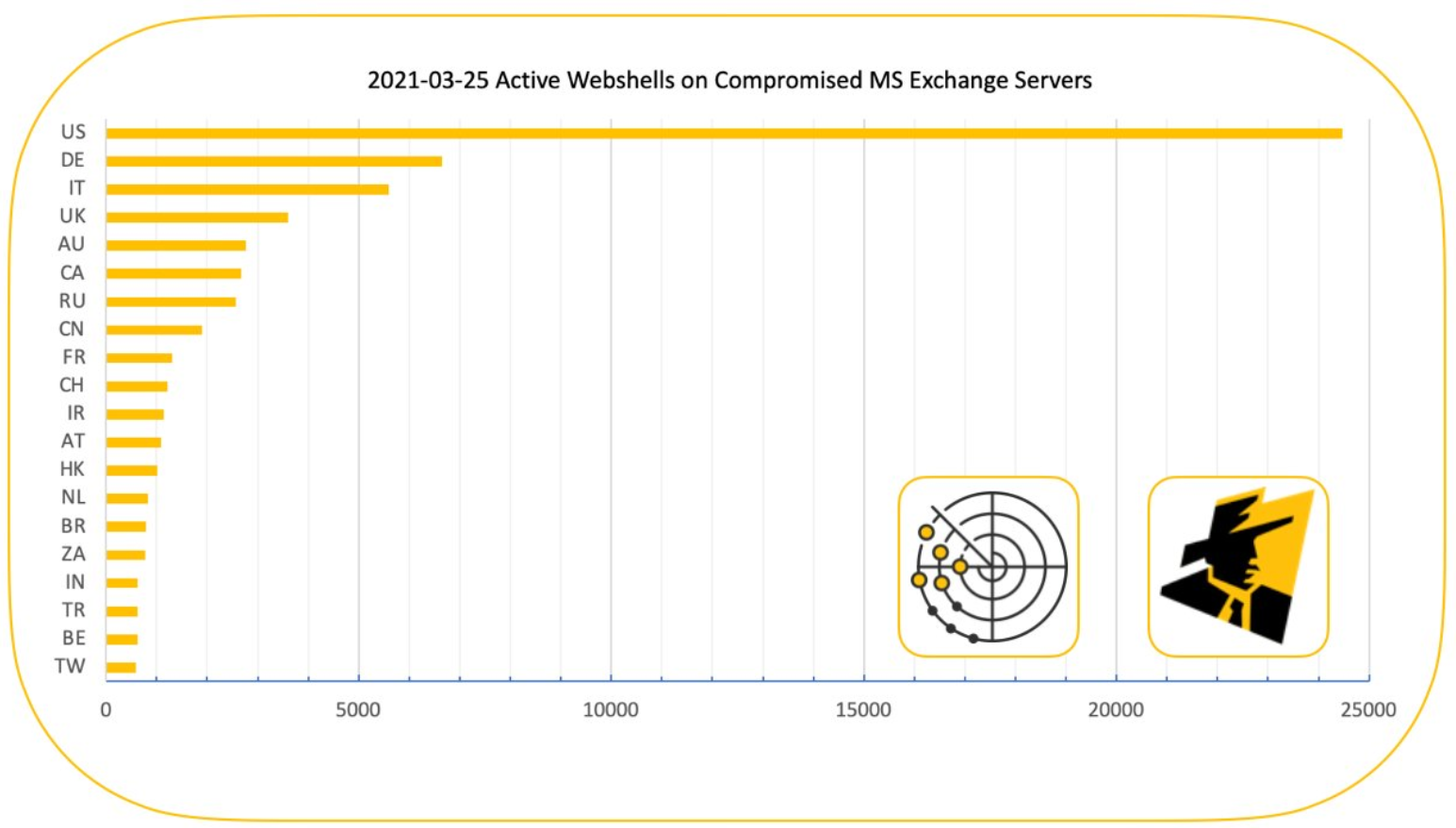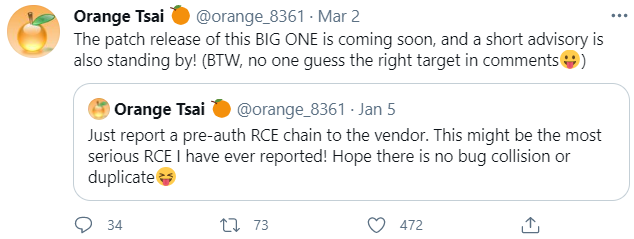Investment Scammer John Davies Reinvents Himself?
John Bernard, a pseudonym used by a convicted thief and con artist named John Clifton Davies who’s fleeced dozens of technology startups out of an estimated $30 million, appears to have reinvented himself again after being exposed in a recent investigative series published here. Sources tell KrebsOnSecurity that Davies/Bernard is now posing as John Cavendish and head of a new “private office” called Hempton Business Management LLP.





